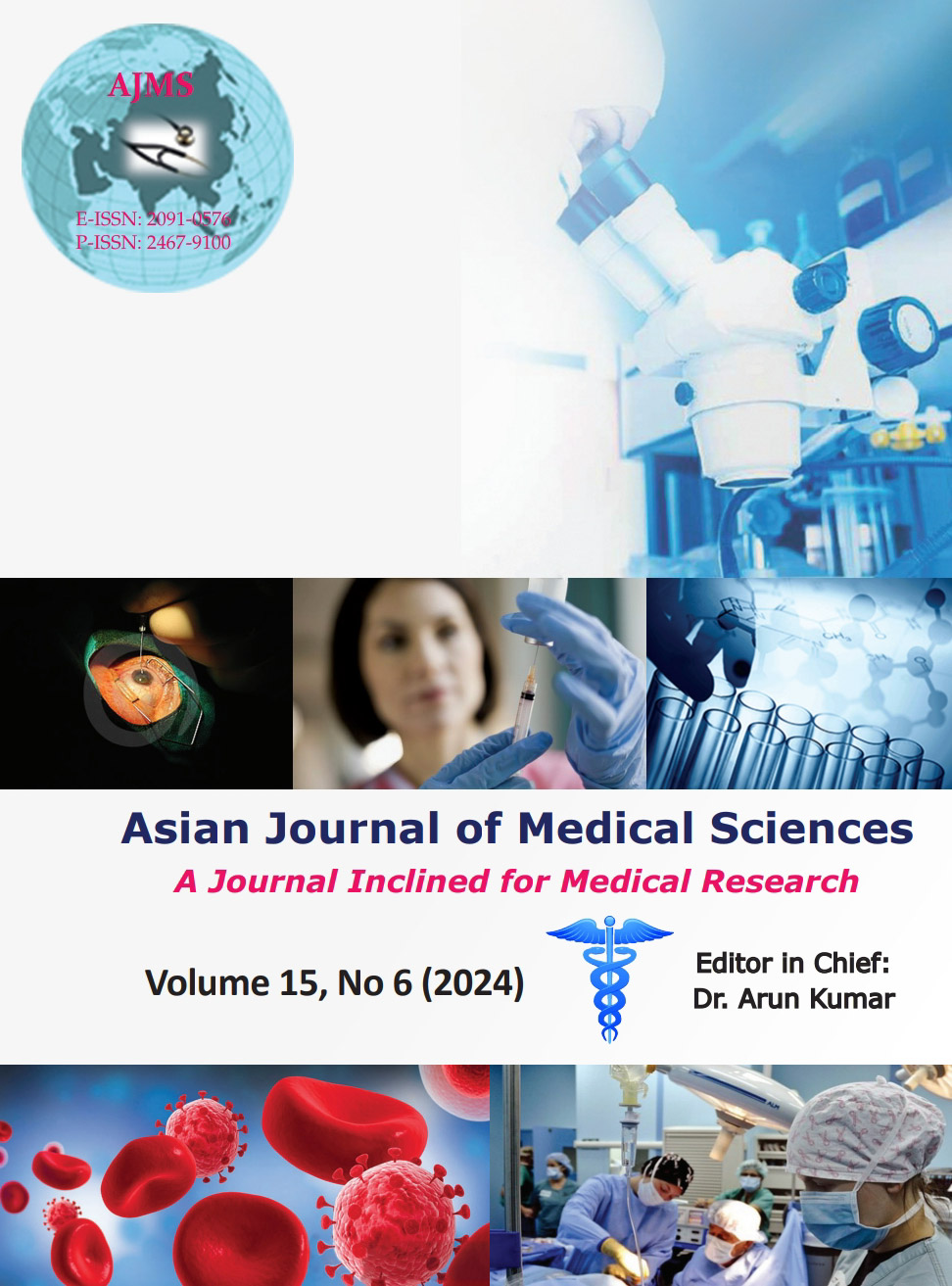A comprehensive guide to pulmonary function tests for 1st-year medical students – Simplifying PFTS and their interpretation
Keywords:
Pulmonary function tests; Tidal volume; Inspiratory reserve volume; Expiratory reserve volume; Residual volume; Diffusing capacity of the lung for carbon monoxide; Forced expiratory volume in 1 second; FEVC; Spirometry; Forced vital capacity; Peak expiratory flow rate; Obstructive; Restrictive; Chronic obstructive pulmonary diseaseAbstract
Pulmonary function tests (PFTs) constitute a set of non-invasive diagnostic procedures designed to evaluate the functional capabilities of the respiratory system. These tests hold pivotal significance in the identification, tracking, and treatment of diverse respiratory conditions, including asthma, chronic obstructive pulmonary disease, interstitial lung diseases, and restrictive lung disorders. This review article aims to provide medical students with a comprehensive overview of PFTs and their interpretation, offering valuable insights into their crucial role in the diagnosis and management of respiratory ailments.
Downloads
Downloads
Published
How to Cite
Issue
Section
License
Copyright (c) 2024 Asian Journal of Medical Sciences

This work is licensed under a Creative Commons Attribution-NonCommercial 4.0 International License.
Authors who publish with this journal agree to the following terms:
- The journal holds copyright and publishes the work under a Creative Commons CC-BY-NC license that permits use, distribution and reprduction in any medium, provided the original work is properly cited and is not used for commercial purposes. The journal should be recognised as the original publisher of this work.
- Authors are able to enter into separate, additional contractual arrangements for the non-exclusive distribution of the journal's published version of the work (e.g., post it to an institutional repository or publish it in a book), with an acknowledgement of its initial publication in this journal.
- Authors are permitted and encouraged to post their work online (e.g., in institutional repositories or on their website) prior to and during the submission process, as it can lead to productive exchanges, as well as earlier and greater citation of published work (See The Effect of Open Access).




